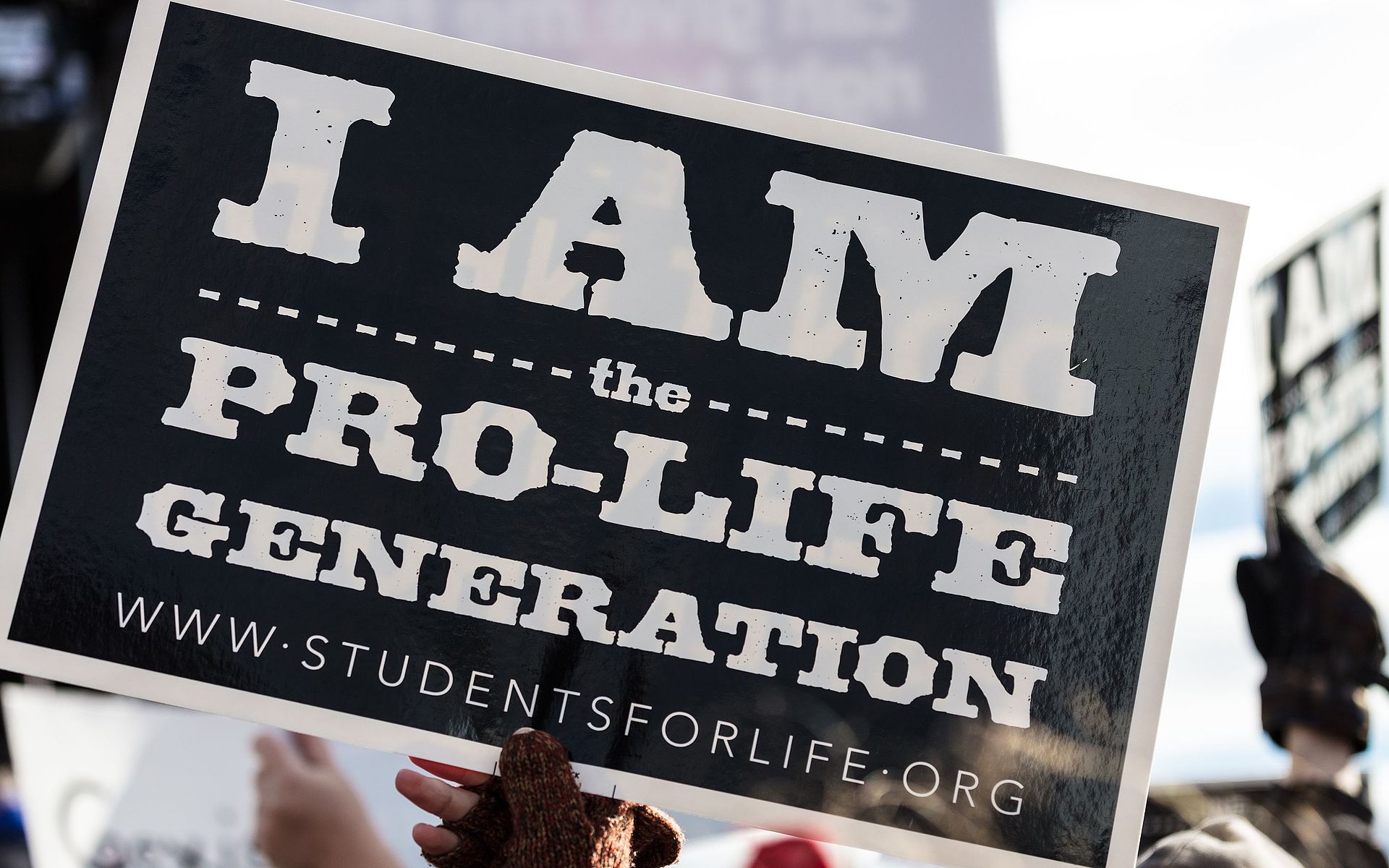“This is a pro-life issue.”
By now you have probably heard this sentiment expressed about any number of issues that are not immediately related to abortion. Food stamps, taxes, healthcare—even immigration!—are designated as “pro-life” causes because they may in some way be construed as encouraging the safe birth of children or (through second- or even third-order effects) discouraging mothers from aborting their children. These appeals imply not only that the issue in question is of higher importance than it might otherwise be, but also that one is not truly “pro-life” unless one is in agreement on this particular issue.
Login to read more
Sign in or create a free account to access Subscriber-only content.
Topics:
